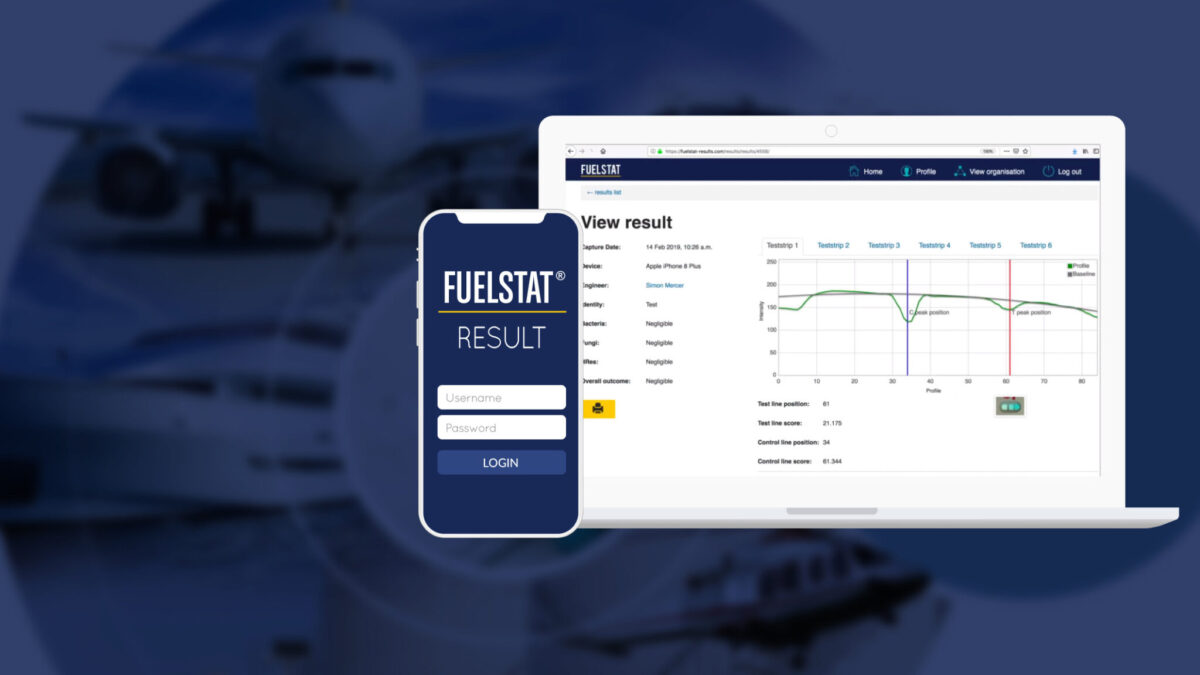Egham, Surrey (UK), 20th Jan — Conidia Bioscience, the manufacturer of the FUELSTAT® testing solution for microbial detection in fuel, has recently announced new packaging and quantity options for the testing kits.
Packaged in sealed foil pouches, FUELSTAT® is now delivered as a single-boxed test kit or in boxes of eight.
The latest point-of-sale packaging of the testing kit includes essential details about the product and its accompanying apps, says Conidia Bioscience.
In a move to make microbial contamination detection with FUELSTAT® even more reliable and accurate, Conidia offers a free app available on both iOS and Android.
While the FUELSTAT® Report enables global traceability of fuel testing, the FUELSTAT® Result helps record and verify test results instantly, thus limiting the need for human interpretation.
To attain Net Zero targets faster for a more sustainable future, the move to transition to biofuels is now getting a push.
Even though biofuels are more eco-friendly, the reduction in sulphur and the introduction of fatty acid methyl ester (or FAME) spurs microbial growth in fuel which leads to serious repercussions. Frequent fuel filter clogging, operational disruption in generators or aircraft, inaccurate fuel quantity readings, Microbially Influenced Corrosion (MIC) of the fuel tanks, and engine failure are a few of the growing list of problems caused by diesel bugs.
For commercial businesses running on these fuels, the consequences of microbial contamination can be even more catastrophic.
Processes such as fuel polishing or tank cleaning are expensive and put the asset out of operation for a long time.
With the increasing bio-content exacerbating microbial contamination in middle distillate fuels (jet and diesel fuel), limiting its impacts has become a major concern.
Conidia Bioscience stresses the importance of using a high-end fuel testing kit specially designed for microbial contamination to detect microbial growth at the earliest possible phase.
“Treating contamination and the issues in the early stages is faster, cheaper, and less risky than it would be in later stages,” explains a spokesperson from Conidia Bioscience. “Depending on the type of test, it may identify the type and quantity of microbes. There is always some presence of microbes in fuel, but tests will indicate if it is a negligible, moderate, or heavy amount.”
Built on state-of-the-art immunoassay antibody technology, FUELSTAT® by Conidia Bioscience only identifies microorganisms damaging to fuel.
The result is a reduced possibility of misleading outputs, which yields a higher degree of accuracy.
Unlike traditional growth-based tests that require at least 72 hours, FUELSTAT® takes only 15 minutes to detect harmful microbial growth in the fuel.
Conidia marks FUELSTAT® as the only microbial detection test kit that can be used on-site—requiring no additional equipment or stringent sterility controls.
Interested parties can find out more about Conidia Bioscience by visiting https://conidia.com.


